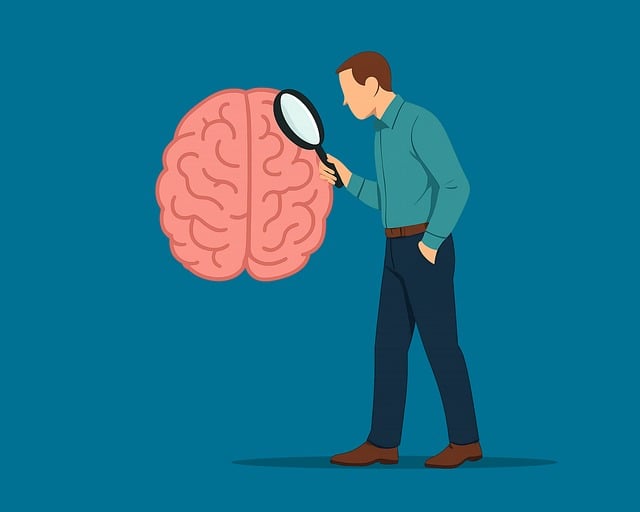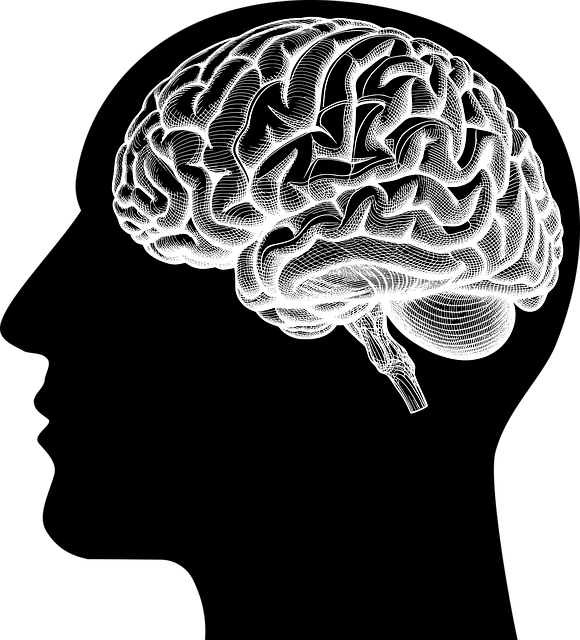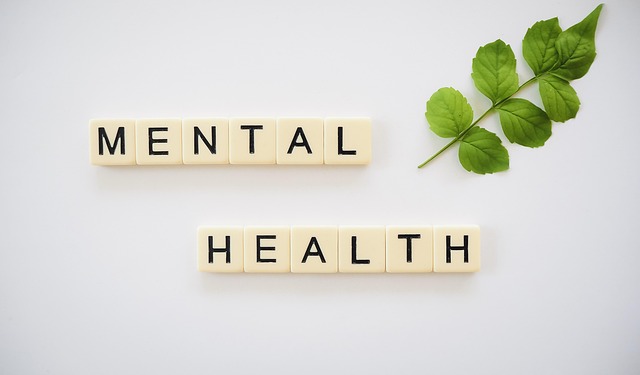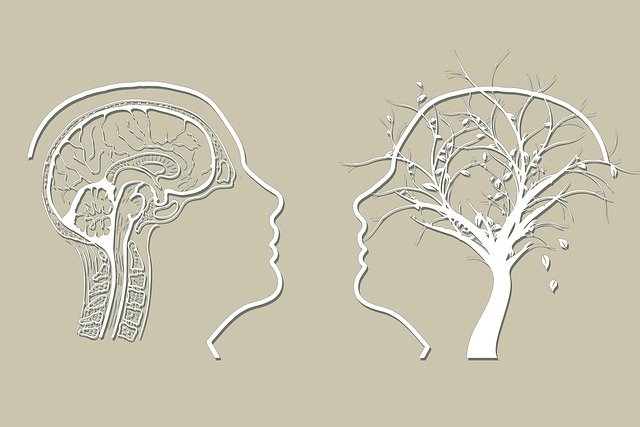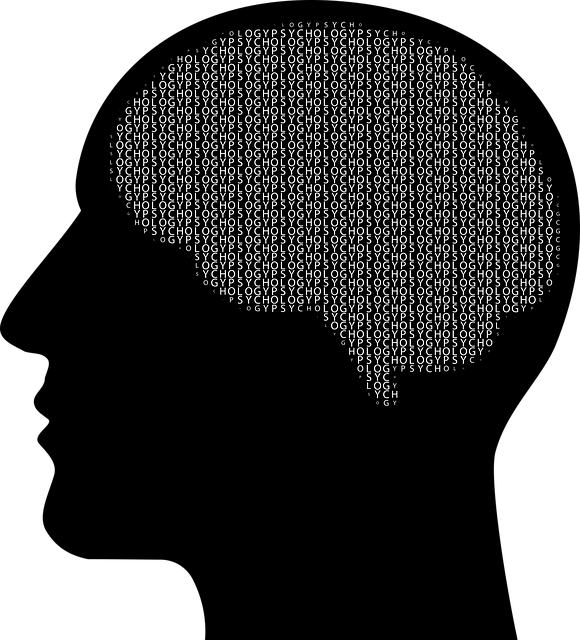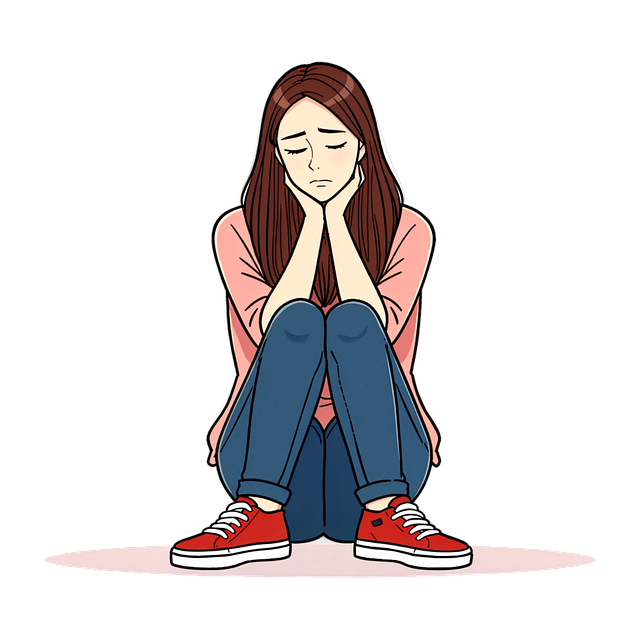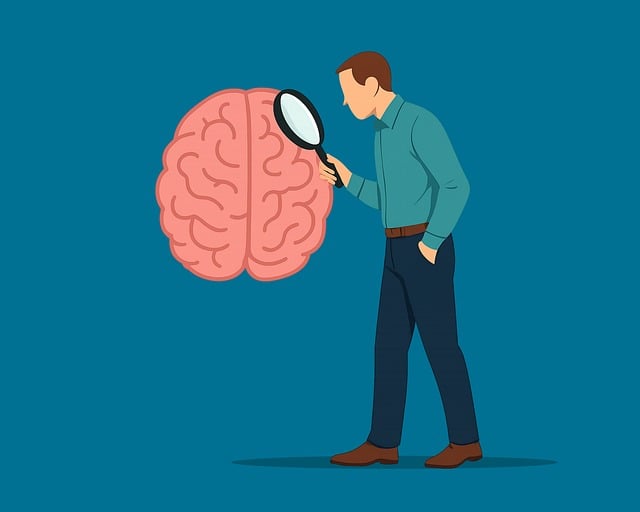Therapy for Elders Family Counseling programs address the complex family dynamics impacting elderly mental wellness. Through safe, evidence-based practices like compassion cultivation and social skills training, these sessions improve communication, build resilience, and foster understanding within families. Evaluations using pre/post assessments, qualitative feedback, and observational data measure success by assessing conflict reduction, enhanced problem-solving, and improved relationships—all crucial for refining programs and meeting evolving elder mental health needs.
“Uncovering the effectiveness of mental wellness programs is essential, especially within aging populations. This article delves into strategic evaluation methods, focusing on two key areas: assessing therapy’s impact on elders and measuring the success of family counseling in mental health initiatives.
We explore how understanding family dynamics can enhance therapeutic outcomes for older adults. Furthermore, we present evaluation strategies that aim to improve wellness support for aging individuals, offering valuable insights for professionals in this field.”
- Assessing the Impact of Therapy for Elders: Understanding Family Dynamics
- Measuring the Effectiveness of Family Counseling Programs in Mental Health Initiatives
- Evaluation Strategies: Enhancing Wellness and Support for Aging Individuals
Assessing the Impact of Therapy for Elders: Understanding Family Dynamics

Assessing the impact of therapy for elders requires a nuanced understanding of family dynamics, which often play a significant role in an elderly individual’s mental wellness. Family counseling sessions can provide a safe space to explore complex relationships and long-standing issues that may have contributed to or compounded mental health challenges. Through these counseling practices, families gain valuable insights into each other’s perspectives, fostering improved communication and strengthening support systems.
This process involves not only addressing immediate concerns but also cultivating compassion and boosting confidence within the family unit. The intergenerational sharing and problem-solving encourage emotional resilience, enabling elders to navigate mental health journeys with renewed hope and understanding. Additionally, incorporating evidence-based practices like compassion cultivation and exploring resources through a Mental Wellness Podcast Series Production can further enhance these therapeutic outcomes in family counseling settings.
Measuring the Effectiveness of Family Counseling Programs in Mental Health Initiatives

Evaluating the effectiveness of Family Counseling Programs within mental health initiatives is a multifaceted process. It involves assessing changes in family dynamics, communication patterns, and overall well-being. By incorporating measures such as pre- and post-program assessments, qualitative feedback from participants, and observational data during sessions, researchers can gain valuable insights into the program’s impact. This comprehensive approach allows for a nuanced understanding of how Therapy for Elders Family Counseling influences conflict resolution techniques, boosts confidence, and enhances social skills training.
The success of these programs can be gauged by tracking improvements in family relationships, reduced instances of domestic disputes, and increased proactive problem-solving strategies. Additionally, focusing on participants’ subjective experiences through surveys and interviews reveals the personal growth and enhanced coping mechanisms they’ve acquired. Such evaluations are crucial for refining program structures and ensuring that Family Counseling Initiatives remain effective and responsive to the evolving needs of families seeking mental health support.
Evaluation Strategies: Enhancing Wellness and Support for Aging Individuals

Evaluation strategies play a pivotal role in mental wellness programs designed for aging individuals, ensuring that interventions are effective and tailored to their unique needs. When assessing the well-being of elders, a multi-faceted approach is essential, as it allows for a comprehensive understanding of their psychological and social landscape. One such method involves family counseling, which not only addresses individual concerns but also strengthens interpersonal connections, vital for maintaining mental health in later years.
Incorporating Social Skills Training can significantly enhance support networks, fostering better communication and reducing feelings of isolation common among the elderly. Additionally, Mind Over Matter principles offer a powerful tool to combat burnout, encouraging positive thinking and resilience—crucial components for navigating the challenges that often arise with aging. These evaluation techniques, alongside regular therapy sessions, contribute to creating an environment where elders can thrive and maintain their mental wellness over time.
Evaluating mental wellness programs, particularly those focused on therapy for elders and family counseling, is essential in enhancing support for aging individuals. By understanding family dynamics and measuring the effectiveness of these interventions, we can ensure that resources are allocated efficiently. Implementation of robust evaluation strategies allows us to tailor services to the unique needs of older adults, fostering better mental health outcomes and improved quality of life. Family counseling programs play a crucial role in navigating the complexities of family relationships as people age, ultimately contributing to a more supportive and resilient community for our elders.
